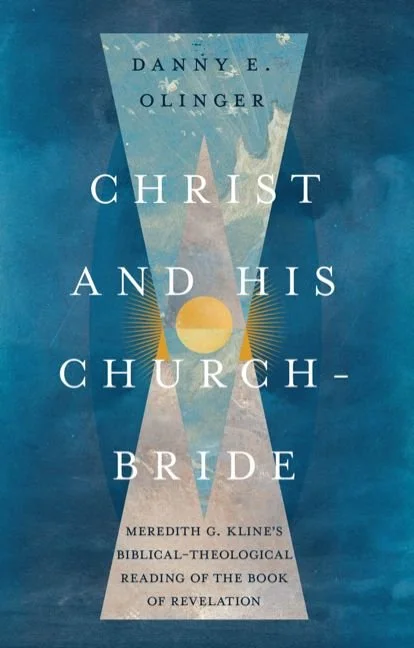Danny Olinger’s new volume on Meredith Kline’s views on the book of Revelation is turning out to be an exegetical gold mine—as expected.
When considering Kline’s debate with J. Ramsey Michaels in the Westminster Theological Journal in the Fall of 1996—Michaels defended a premillennial reading of Revelation 20:1-10—Olinger raises an important point about the way Kline’s understanding of common grace impacted his evaluation of millennial views.
Kline expressed concern that the millennial question was too often debated apart from the larger context of the Reformed system of doctrine. Olinger points out that “of special interest” in Kline’s thinking, “is the way the doctrine of common grace fares in different millennial reconstructions, for the doctrine is a cornerstone of the Reformed view of history.”[1] Kline opposed the premillennial view of the first resurrection in Revelation 20:4-6,[2] as well as for another reason raised by Olinger—Kline’s view that premillennialism was in conflict with the Reformed understanding of common grace.
According to Kline, premillennialism fails to grasp the significance of the Noahic covenant in Genesis 8:15-9:17, which reveals that God rules the earth while extending a measure of earthly blessings (common grace) to believers and unbelievers alike. But premillennarians, who contend that Jesus returns to establish a millennial kingdom of a thousand years’ duration, necessarily hold “to a theocracy on earth before the consummation, a universal kingdom of Christ in which those blessings hitherto received in common by all men and often in greater measure by the unjust than the just are no longer apportioned according to the principle of common grace but according to a policy of special favor to the people of God.”[3] Olinger points out the difficult problem this raises for premillennarians. “The redeemed in premillennialism are already in possession of glorified natures and experience their public vindication over against the wicked, a contradiction of God’s covenantal guarantee in Genesis 8-9.”[4] The presence of redeemed saints in a millennial age established by our Lord at his return leads to other serious unintended consequences—such as the presence of evil in the millennium—as I have pointed out here.
Kline’s appeal to the Reformed view of common grace also poses a serious challenge to certain forms of postmillennialism.
To read the rest, follow the link below
Read More



















